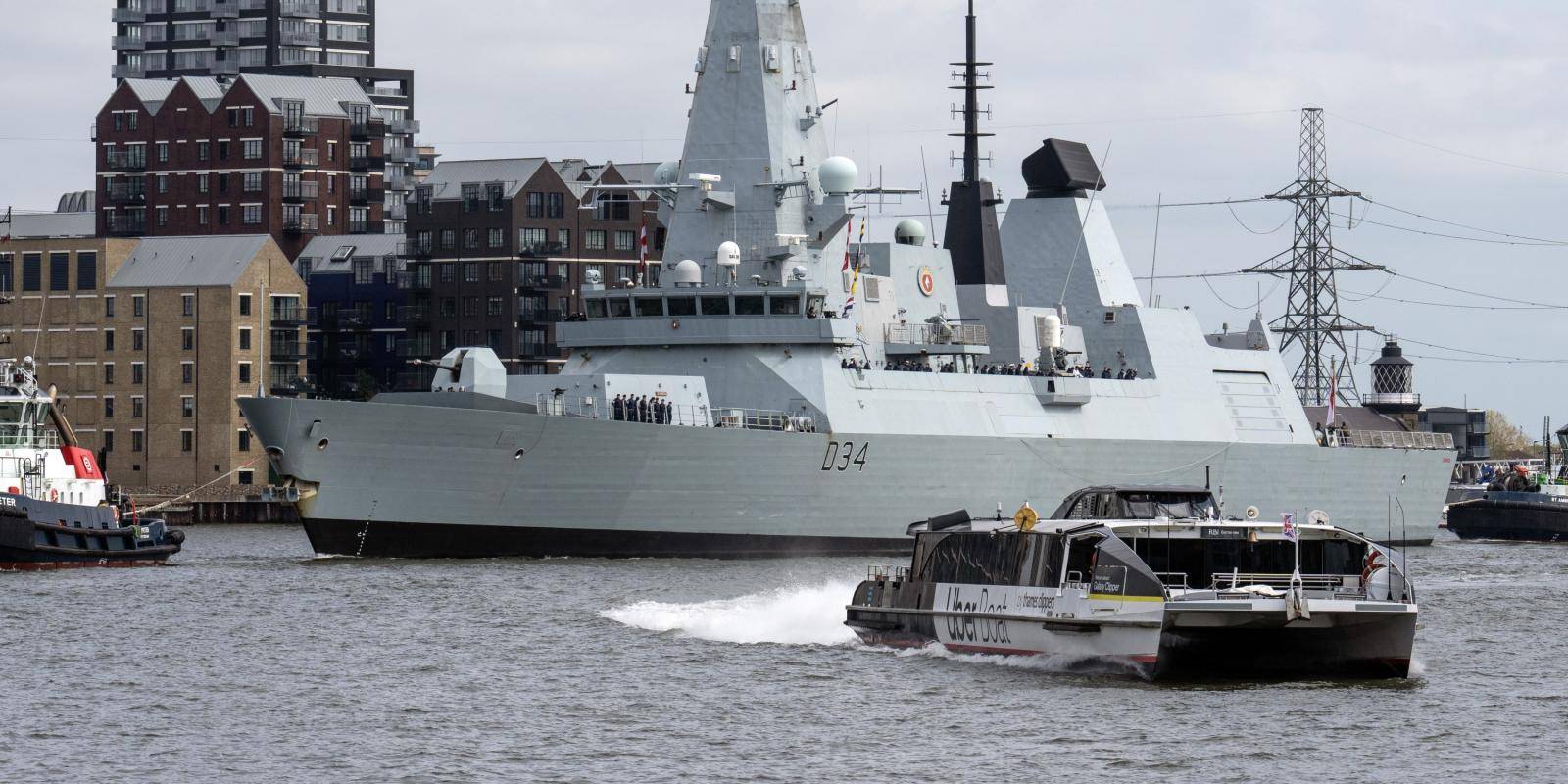By Professor Andrew Dorman
In January 2024, General Sir Patrick Sanders, head of the British Army, raised concerns about parallels between the current global situation and the lead-up to World War II, questioning whether the world is at a “1938 moment.” He is not alone in his apprehension, as Defence Secretary Grant Shapps and Admiral Sir Tony Radakin, Chief of the Defence Staff, have also voiced similar sentiments.
The key point of contention is the adequacy of Britain’s armed forces, with calls for a significant increase in defence spending echoing from various quarters. While some advocate for an immediate hike to 2.5% of GDP, others, including the official British government policy outlined in the 2023 Integrated Review Refresh, suggest a more cautious approach, linking spending increases to economic conditions.
The recent illegal invasion of Ukraine by Russia has further fueled these debates, leading to similar calls for increased defence spending across continental Europe. Many European nations have responded by boosting their military budgets and, in some cases, reintroducing conscription.
However, Britain’s current defence capabilities face significant gaps, as highlighted by evidence presented to the Public Accounts Committee. The existing equipment program is deemed affordable only if defence spending reaches the 2.5% GDP target, with limited provisions for expanding capabilities or increasing munitions production. Additionally, maintenance backlogs and supply chain issues have further strained the armed forces.
Amidst these challenges, there is a call for rearmament priorities to be aligned with both short-term threats, such as Russia, and medium-term challenges, like China. This approach should also consider NATO’s 75th anniversary and the need for a more integrated European response within the alliance, particularly in the face of potential shifts in US foreign policy.
While rearmament is seen as crucial, it is acknowledged that planning and implementation must be long-term and strategic. This includes reconsidering which capabilities should be developed domestically, and how to leverage partnerships and market dynamics effectively.
As Britain contemplates its defence strategy in this uncertain global landscape, the echoes of 1938 serve as a stark reminder of the importance of proactive and strategic planning to ensure peace and security in Europe for the years to come.










